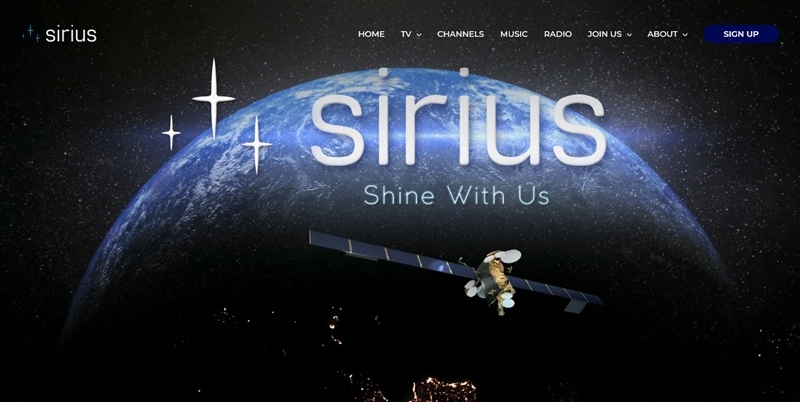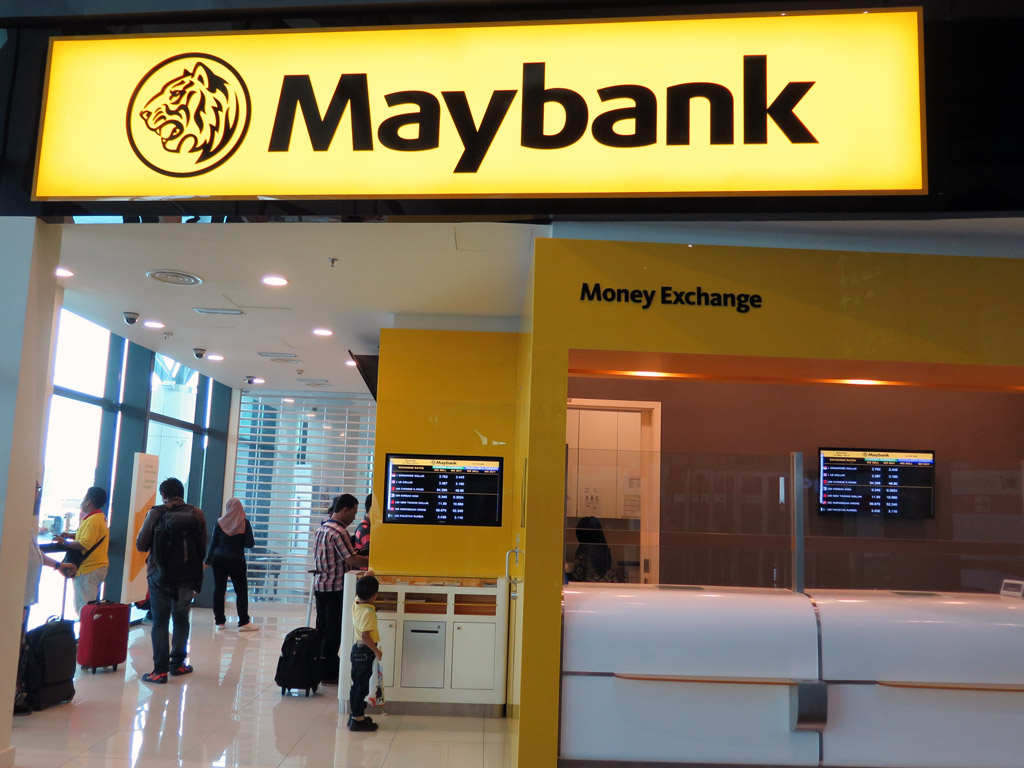
Malaysia’s Budget 2025, announced by Prime Minister Datuk Seri Anwar Ibrahim, marks a comprehensive approach to balance economic growth, fiscal responsibility, and social welfare. The budget outlines a range of measures aimed at stimulating key sectors of the economy, rationalizing subsidies, and expanding social protections, all while maintaining a commitment to fiscal prudence. The overarching aim of the budget is to support continued recovery, enhance competitiveness, and safeguard the well-being of the most vulnerable segments of the population.
Economic Growth and Macroeconomic Outlook
Malaysia’s economy is expected to grow between 4.5% and 5.5% in 2025, reflecting a stable economic environment bolstered by strong domestic consumption, government spending, and sectoral expansion. The 2024 GDP growth outlook has also been revised upwards to a range of 4.8% to 5.3%, signaling that the economy is on a steady recovery path following global uncertainties.
The fiscal deficit is set to narrow, declining to 3.8% of GDP in 2025, from 4.3% in 2024. This reflects the government’s commitment to fiscal consolidation while maintaining essential expenditures. The total allocation for Budget 2025 stands at RM421 billion, up from RM407.5 billion in the revised Budget 2024. This increase in spending is designed to support development projects, social programs, and infrastructure improvements, while also enhancing operational efficiency across various ministries and government agencies.
Subsidy Rationalization and Fiscal Responsibility
A central feature of Budget 2025 is the rationalization of subsidies, particularly in the areas of fuel, health, and education. The blanket subsidy on RON95 petrol, which has long been a staple of the government’s subsidy program, will be phased out by mid-2025. This move is part of a broader effort to reduce Malaysia’s overall subsidy bill, which will see a 14.4% reduction in social assistance expenditures in the coming year. While the withdrawal of broad subsidies may lead to higher costs for some, targeted cash assistance under the Sumbangan Tunai Rahmah and Sumbangan Asas Rahmah programs has been increased to RM13 billion, ensuring that vulnerable households are supported through the transition.
The rationalization extends to other sectors, including sugar-sweetened beverages, which will face an increased excise duty beginning in January 2025. The beverage industry, particularly large-scale producers, may experience higher operating costs as a result. Simultaneously, the government has committed to raising incentives for the agriculture sector, including RM2.78 billion in subsidies and assistance for farmers and fishermen, reflecting its intention to mitigate the impact of subsidy reforms on key agricultural sectors.
Social Welfare and the Cost of Living
In an effort to address the rising cost of living, Budget 2025 includes several measures aimed at improving the financial security of low-income households and enhancing social protections. The government has announced a significant increase in the minimum wage, raising it from RM1,500 to RM1,700 per month, effective from February 2025. This wage increase is expected to boost household disposable incomes, particularly for low-wage earners, contributing to higher consumer spending and overall economic growth. However, enforcement of this new minimum wage for smaller employers, with fewer than five workers, will be delayed until August 2025.
To further alleviate the cost of living pressures, the budget has allocated RM2.9 billion for cash assistance through the Department of Social Welfare. This represents an increase from the previous allocation of RM2.4 billion, underscoring the government’s commitment to supporting those most in need. In addition, civil servants and retirees are set to benefit from one-off payments, with RM500 for public servants and RM250 for retirees without pensions.
Incentives for Business and Industry
The government has also outlined several tax incentives for businesses, with a particular focus on supporting digital transformation, energy transition, and promoting flexibility in work arrangements. Tax deductions for companies investing in digital infrastructure, including the purchase of computer equipment and software, are set to be expanded. These measures aim to enhance productivity and encourage businesses to embrace technological advancements as the country moves towards a more digital economy.
In the energy sector, the government has tripled its allocation for the energy transition fund to RM300 million, part of its broader strategy to achieve a net-zero carbon emission goal by 2050. Companies involved in renewable energy projects, such as solar farm operators, and those working on decarbonizing industrial processes are expected to benefit significantly from these initiatives. In parallel, a carbon tax on the steel industry will be introduced by 2026, further encouraging the shift towards more sustainable production practices.
In the tourism sector, an allocation of RM550 million has been set aside to promote Malaysia as a destination in the run-up to the Visit Malaysia Year 2026. This boost to the tourism industry is expected to benefit key players, particularly those in the entertainment, hospitality, and aviation sectors.
Property and Infrastructure Development
First-time homebuyers will also receive some relief, with individual tax relief on housing loan interest payments aimed at encouraging home ownership. Additionally, the government will provide a reduction in housing loan repayments for the first five years for loans granted under the Housing Credit Guarantee Scheme. These measures are intended to increase housing affordability and encourage greater participation in the housing market.
Infrastructure development continues to be a key priority, with RM2.8 billion allocated for the maintenance of federal roads and RM5.5 billion in MARRIS funds for state roads. The budget also emphasizes the development of towns bordering Indonesia and Thailand, with nearly RM1 billion allocated for basic infrastructure projects in these regions.
Support for Education and Healthcare
Budget 2025 sets a record allocation of RM64.1 billion for the Ministry of Education, reflecting the government’s commitment to enhancing the nation’s educational infrastructure. This allocation will support the development of new schools, upgrades to existing institutions, and increased funding for educational programs aimed at improving outcomes for students across the country. The Ministry of Higher Education will also receive RM18 billion, ensuring continued investment in Malaysia’s tertiary education sector.
In healthcare, the government has allocated RM45.3 billion for the Ministry of Health, with a focus on expanding access to medical services, upgrading facilities, and addressing pressing healthcare challenges. This includes additional funds for the purchase of medical equipment, as well as increased support for healthcare workers. Notably, the government has also expanded tax relief for medical check-ups, vaccinations, and mental health consultations, signaling its recognition of the importance of preventive healthcare measures.
Environmental Sustainability and Governance
In a move to promote environmental sustainability, the government has announced plans to introduce a carbon tax on the iron, steel, and energy industries by 2026. The revenue generated from this tax will be used to fund research and development in green technologies, as well as support Malaysia’s transition to a low-carbon economy. The government has also raised the Ecological Fiscal Transfer Fund to RM250 million, underscoring its commitment to environmental conservation and sustainable development.
In terms of governance, the budget outlines steps to improve transparency and accountability, with increased funding for anti-corruption efforts and the judiciary. The allocation for the Malaysian Anti-Corruption Commission has been raised to RM360 million, reflecting the government’s resolve to combat corruption and uphold the rule of law.
Summary and Outlook
Malaysia’s Budget 2025 presents a balanced approach, addressing the immediate needs of the people while maintaining a focus on long-term sustainability and fiscal prudence. With targeted subsidy rationalization, increased social protections, and substantial investments in key sectors such as energy, infrastructure, education, and healthcare, the budget aims to chart a path towards inclusive growth and economic resilience. However, challenges remain, particularly in managing the impact of subsidy reforms and ensuring that the benefits of economic growth are felt across all segments of society.
















